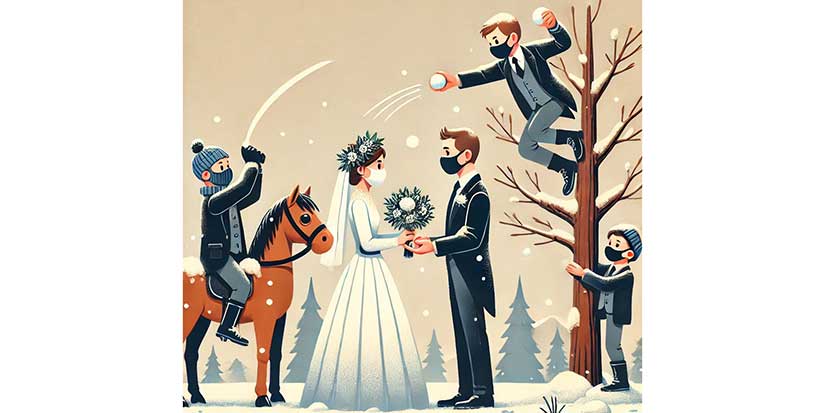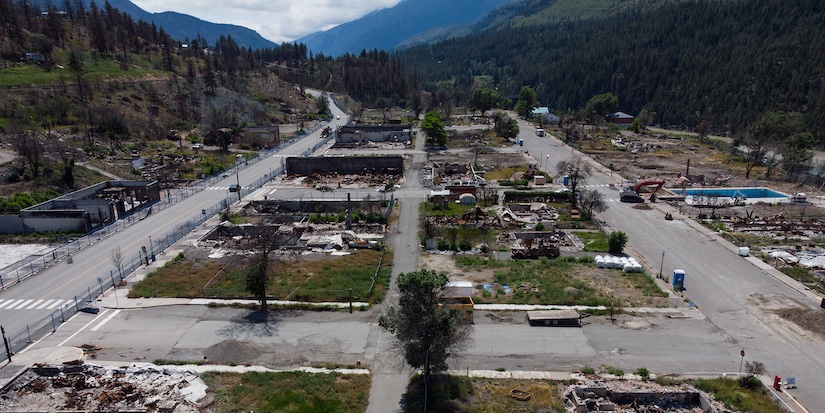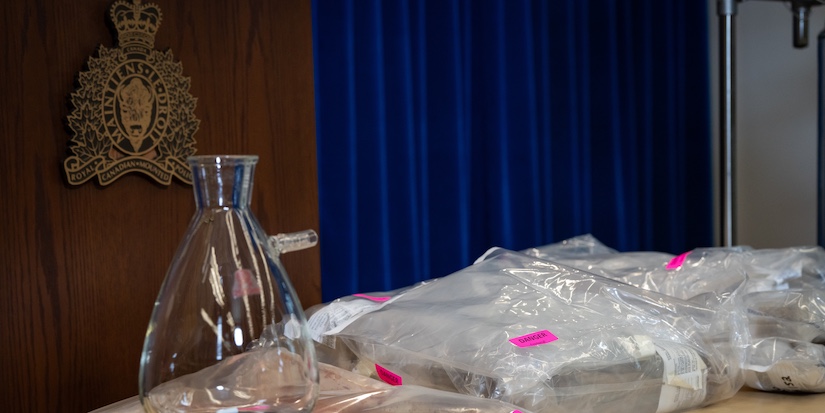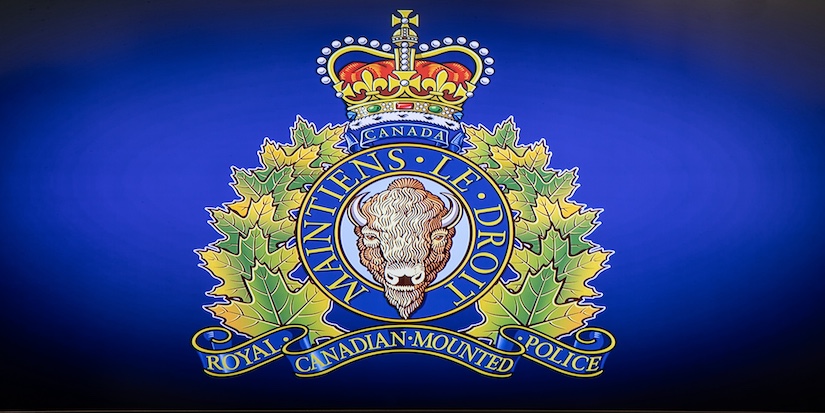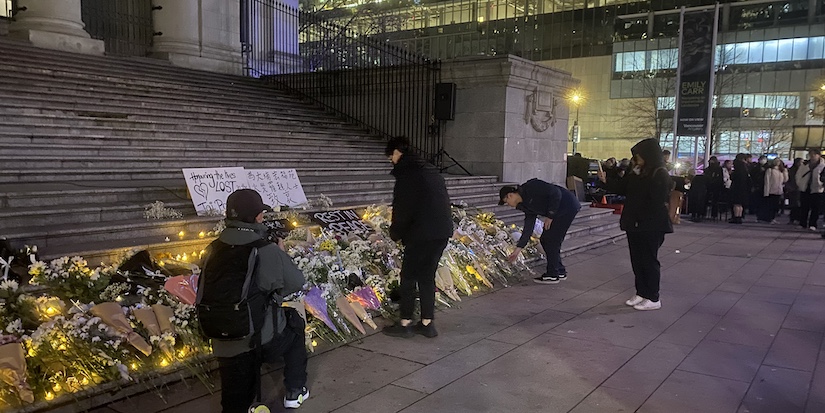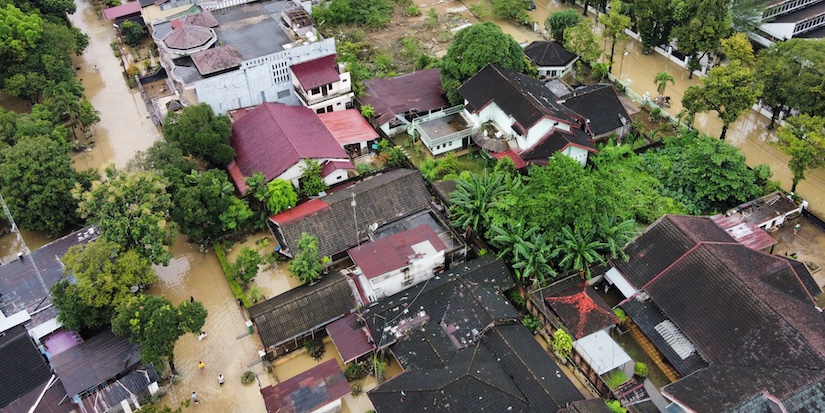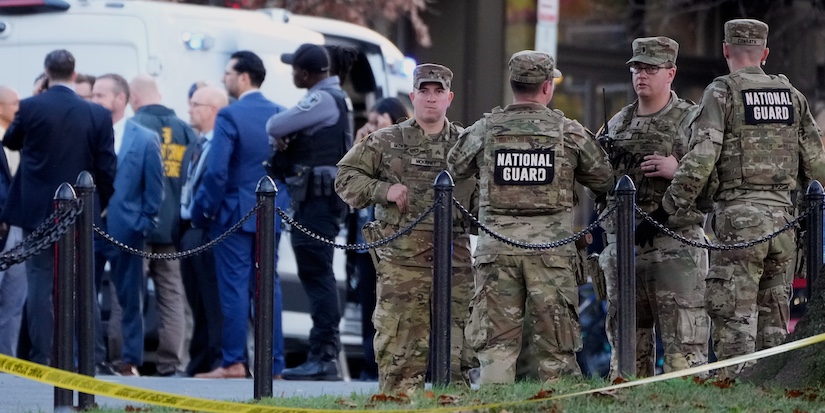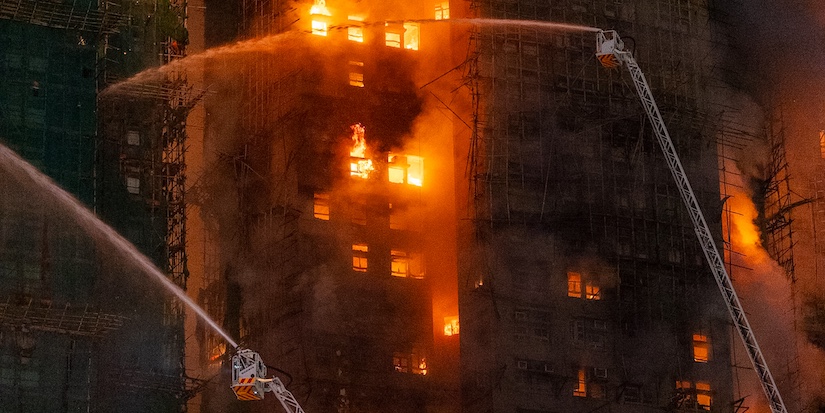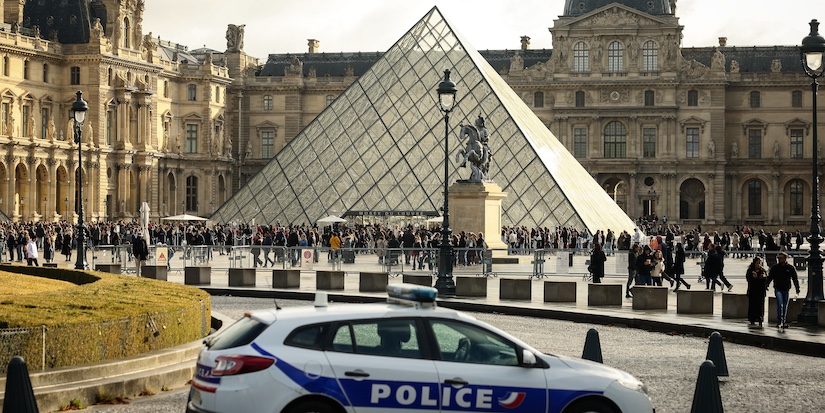Latest News
Laws you didn’t know existed

Published 10:37 PST, Fri February 28, 2025
—
DISCLAIMER: The following article is for informational and entertainment purposes only, and do not reflect the opinion or views of the Richmond Sentinel.
With all the chaos and hate going on around the world, we wanted to bring back some fun in the world of news. Inspired by a fellow colleague, the Richmond Sentinel presents a new 13-part series that explores a few of the most ridiculous sounding laws and bylaws that each province and territory had enforced.
Starting off the series, it is only right that we begin with the Province of British Columbia. Some city bylaws in past history include the prohibition of kite flying, snowball fights, tree climbing and many more.
1. In the township of Esquimalt, BC, an old law that was present before it was repealed at the time was the prohibition of snowball fights in certain areas. The prohibition in city limits was due to the fear of potential injuries and potential property damage. (BC Magazine)
2. In Victoria, British Columbia, an old bylaws that was in effect is that it is unlawful to ride a horse on the sidewalk. These two bylaws date back to the late 19th or early 20th century when horses were a common method of transportation. During that time, the prohibition of riding on side walks was made to ensure pedestrians were safe and to maintain order in urban areas. It was also around the time that horse-drawn carriages and wagons began the method of transportation. (Daily Hive)
3. Vancouver has a few bylaws or laws that just sound absurd. Starting with a bylaw involving the trees in public parks, climbing trees in public parks are prohibited. Like all previous bylaws, this bylaw originated in the early 20th century, in an attempt to prevent damage to trees and protect urban greenery. To this day, it is still a present bylaw but not enforced. (City of Vancouver, 2009)
4. From 1947 to 1986, the City of Vancouver made it illegal to sell stoves on Wednesdays within city limits. The theoretical reason behind this bylaw was an attempt to control the sale of certain goods post-World War II. (BC Magazine)
5. A couple of bylaws in the City of Vancouver that appear to be common sense are the prohibition of slingshots and the prohibition of leaving your car unlocked. Both these mid-20th century bylaws were introduced to ensure public safety, as well as prevent property damage and theft. (City of North Vancouver, 1984)
6. In the City of Kelowna, in order to preserve the safety and use of public spaces dumping snow on public property is prohibited in urban areas. (City of Kelowna)
Moving onto some more provincial laws that date back to the 19th century, we look at the wearing a mask in public, disturbing weddings or funerals, and the use of profanity.
7. Starting with a law that ensures the safety of its users in the Province of British Columbia, painting a wooden ladder is illegal according to the Workers Compensation Act of British Columbia. The reason behind this law is that painting a wooden ladder could hide potential cracks which could lead to unsafe use. Users are encouraged to use a transparent protective coating instead that reinforces the wooden ladder and allows for proper inspection. (BC Laws)
8. Another provincial law that does not sound true is disturbing a wedding or funeral. According to the Provincial Criminal Code of Canada, it is illegal to willfully disturb a religious or lawful assembly, which includes weddings and funerals. Dating back to the late 19th century, the law was introduced to reflect societal values of respect and maintain public order. This law does come as a bit of a surprise as some weddings include the portion where the officiant asks the audience if the two should not be wed. Although that phrase is not mandatory, should an audience member object in a disruptive manner, this could be seen as willfully disturbing a religious assembly. (Criminal Code, 1985)
9. Prior to the COVID-19 pandemic, wearing masks was not seen as the norm when one had fallen sick. Did you know, that in the early 20th century, there was a law that prohibited the wearing of mask in public without permission? This law can be found under the Criminal Code addressing disguise with intent, stating that “anyone who, with intent to commit an indictable offence, wears a mask or disguise is guilty of an indictable offence and liable for up to ten years”. (Criminal Code, 1985)
10. As time has gone on, the use of profanity has increased and become normalized in today’s societ y. In the late 19th and early 20th century however, the use of profanity was not as accepted due to the conservative values. The Province of British Columbia at one point had a law that prohibited the use of public swearing in order to uphold community standards of decency. Although this law is no longer enforced, it is still upheld to a certain degree and states that “anyone who, not being in a dwelling-house, causes a disturbance in or near a public place, by fighting, screaming, shouting, swearing, singing or using insulting or obscene language”. (Criminal Code, 1985)
Who would have thought something as fun as a snowball fight or climbing a tree would be considered illegal at one point. If you think that we missed an interesting law feel free to send us an email at newsroom@richmondsentinel.ca or comment under one of our social media accounts. Next edition, we will visit the peculiar laws in Alberta.
